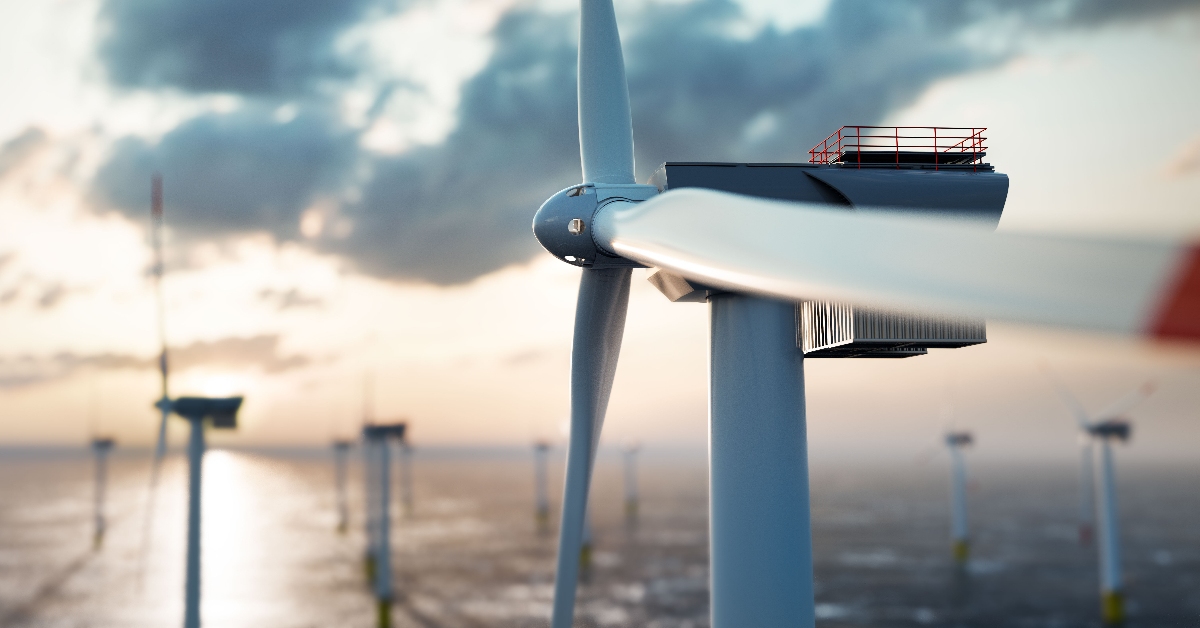All levels of government need to improve capacity in the consenting process for wind projects, a report on the UK’s clean power ambitions says.
The IPPR report calls for a four-nation approach to the UK’s wind energy future.
With a target of achieving clean power by 2030, the report noted that 95% of the pipeline of onshore wind projects and around 30% of offshore projects are in the devolved nations.
While the pipeline of wind projects is considered broadly adequate to meet the 2030 target, previous projects in Scotland have shown an “attrition rate” of around 30% to 40% – where the finished development has less capacity than originally envisaged.
The IPPR report said there is a “lack of capacity within all tiers of government involved in the consenting process for wind projects, which slows project delivery and hampers the pipeline potential”.
It recommended collaboration with the devolved governments in new renewables organisations such as GB Energy.
The report said: “Our core recommendations relate to the need for collaboration and involve the devolved administrations and the UK Government working closely together.
“Fortunately, all indications are that the new UK Government and the devolved governments have made a good start and every UK nation has its own targets that recognise the opportunity to drive new jobs and investment into its national economy.
“Working relationships are also close and productive at both administrative and political levels.”
Josh Emden, a senior research fellow at IPPR, said: “The energy system does not stop at the borders of countries and achieving a clean power system by 2030 will require unprecedented co-ordination across the UK’s nations.
“There are positive early signs of more collaboration between all four nations.
“To accelerate wind deployment and maximise local economic benefits, this will need to continue across both reserved issues like support for ports, grid upgrades and local manufacturing, and devolved issues like planning and skills policy.”
Dave Hawkey, senior research fellow at IPPR Scotland, added: “Scotland’s leadership in onshore wind deployment offers valuable lessons for other nations.
“It’s crucial we adopt a unified approach to ensure equitable development and maximise benefits for all regions.”
Follow STV News on WhatsApp
Scan the QR code on your mobile device for all the latest news from around the country





























